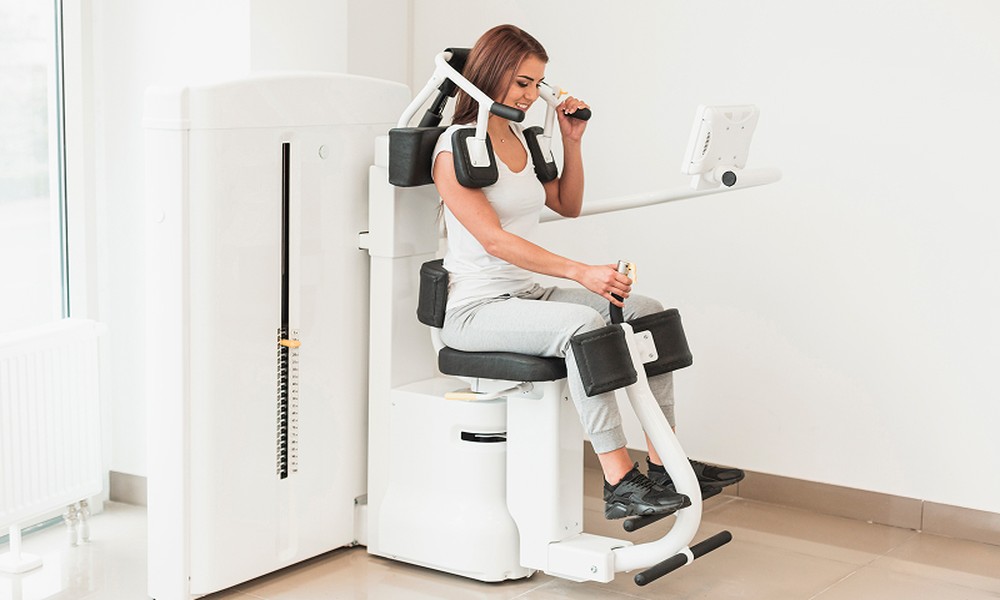Balancing Clinical Judgment and Legal Accountability as a Non-Medical Prescriber

As non-medical prescribers (NMPs) in the UK, particularly within primary care settings, the responsibility to deliver safe, effective, and legally compliant prescribing practices is paramount. This dual role necessitates a comprehensive understanding of clinical judgment and legal accountability to ensure optimal patient outcomes and professional integrity.
Understanding the Role of Non-Medical Prescribers
Non-medical prescribers encompass a diverse group of healthcare professionals, including nurses, pharmacists, physiotherapists, and paramedics, who have undertaken additional training to prescribe medications independently or supplementary to a medical prescriber. The V300 qualification enables these professionals to assess, diagnose, and prescribe treatments within their scope of practice, thereby enhancing patient access to timely care and alleviating pressures on medical staff.
Clinical Judgment in Prescribing
Clinical judgment involves the application of clinical knowledge, experience, and critical thinking to make informed decisions about patient care. For NMPs, this means:
- Comprehensive Assessment: Conducting thorough patient evaluations to understand their medical history, current conditions, and treatment goals.
- Evidence-Based Decision Making: Utilizing the latest clinical guidelines, research, and best practices to inform prescribing decisions.
- Patient-Centred Approach: Engaging patients in shared decision-making, considering their preferences, values, and potential barriers to treatment adherence.
- Ongoing Monitoring: Regularly reviewing and adjusting treatment plans based on patient responses and emerging clinical information.
Legal Accountability in Prescribing
Legal accountability ensures that NMPs practice within the boundaries set by law and professional standards. Key aspects include:
- Adherence to Legislation: Understanding and complying with relevant laws, such as the Medicines Act 1968 and the Misuse of Drugs Regulations, which govern prescribing practices.
- Professional Standards: Abiding by the standards set by regulatory bodies like the Nursing and Midwifery Council (NMC) and the Health and Care Professions Council (HCPC), which outline the competencies and ethical obligations of prescribers.
- Documentation and Record-Keeping: Maintaining accurate and up-to-date records of prescribing decisions, patient interactions, and treatment outcomes to ensure transparency and accountability.
- Indemnity Insurance: Ensuring appropriate professional indemnity insurance is in place to protect against potential legal claims .
Balancing Clinical Judgment and Legal Accountability
The intersection of clinical judgment and legal accountability requires NMPs to:
- Stay Informed: Regularly update knowledge on legal and regulatory changes affecting prescribing practices.
- Seek Supervision and Support: Engage with experienced prescribers and mentors to discuss complex cases and share insights.
- Reflect on Practice: Continuously evaluate and reflect on prescribing decisions to identify areas for improvement and ensure alignment with legal and ethical standards.
- Engage in Continuing Professional Development (CPD): Participate in training and educational opportunities to enhance both clinical and legal competencies.
Training and Support for Non-Medical Prescribers
To support NMPs in maintaining a balance between clinical judgment and legal accountability, the PDUK Annual V300 Update course offers comprehensive CPD opportunities. This course covers:
- Legal and Professional Accountability: Understanding the legal frameworks governing prescribing practices.
- Clinical Governance: Implementing systems and processes to ensure safe and effective prescribing.
- Independent and Supplementary Prescribing: Enhancing skills in autonomous prescribing within professional scope.
- Medico-Legal Issues: Addressing potential legal challenges and strategies for risk management.
By engaging in such training, NMPs can reinforce their commitment to safe, effective, and legally compliant prescribing practices, ultimately leading to improved patient care and professional satisfaction.
References:
- Royal College of Nursing (2023). Non-medical prescribing: Advice guides. [online] Available at: https://www.rcn.org.uk/get-help/rcn-advice/non-medical-prescribers [Accessed 3 May 2025].
- Courtenay, M., Carey, N., & Stenner, K. (2018). Non-medical prescribing in primary care in the United Kingdom: An overview of the current literature. [online] Available at: https://www.prescribingpractice.com/content/literature-review/non-medical-prescribing-in-primary-care-in-the-united-kingdom-an-overview-of-the-current-literature/ [Accessed 3 May 2025].








